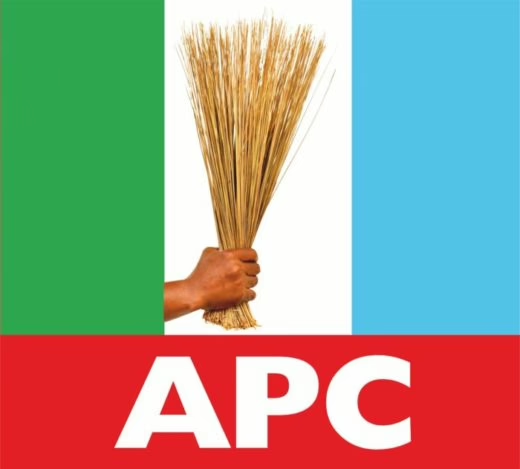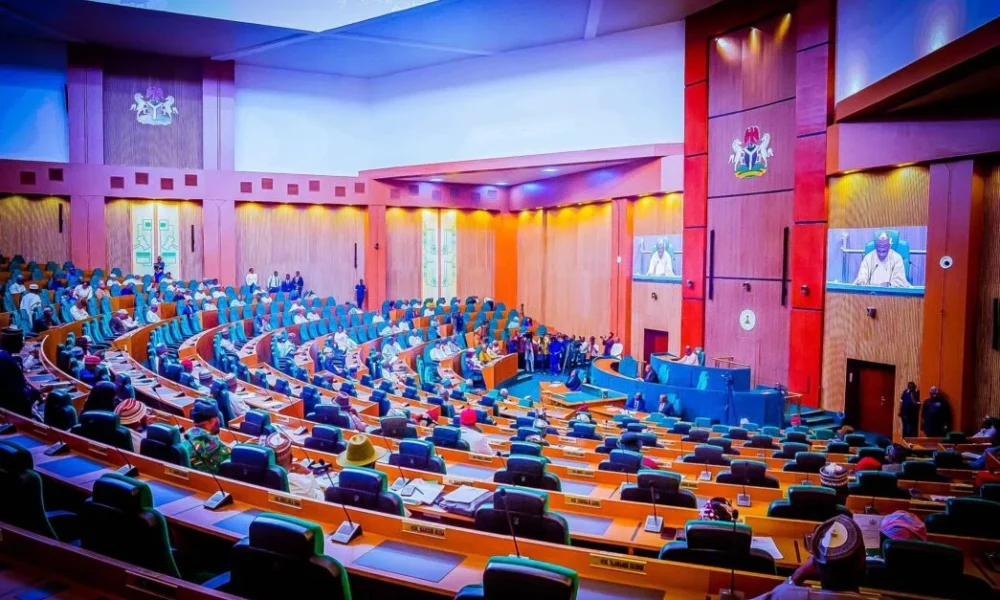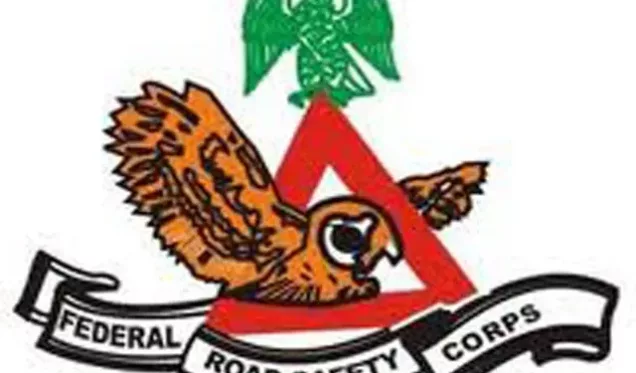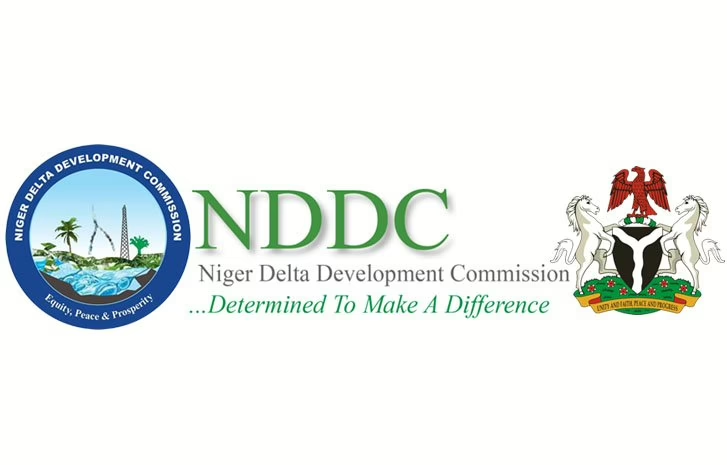Naira reaches all-time low at official market
Forex
The naira fell to a new all-time-low of N1,534/$ on the official Nigerian Autonomous Foreign Exchange Market on Monday.
This indicates a loss of 3.93 per cent fall or N58 from the N1,476.13/$ the national currency closed last week Friday, according to FMDQ Exchange, a platform that publishes official foreign exchange trading in the country.
Monday’s official rate became the worst official exchange rate since the Central Bank of Nigeria floated the national currency in June 2023.
However, at the parallel market on Monday, the naira traded between the rate of N1,480 and N1,490. It appears the local currency has been trading higher at the parallel market in recent times especially since the FMDQ reviewed the methodology it uses to calculate the official exchange rate.
The change in the methodology for the calculation of the official exchange rate had led to the depreciation of the naira from over 900/dollar to over 1,400/dollar.
Sometime in December, the naira closed above the N1000/$ on the official window. On December 8, the naira first fell to an all-time low of N1,099.05/$. On December 28, 2023, it closed at N1043.09/$, and N1035.12/$ on January 3, 2024. On January 9, 2024, it closed at N1089.51/$ and N1082.32/$ on January 10, 2024. It had also fallen to an all-time-low of N1348.63/$ on January 30, 2024, when the FMDQ reviewed its methodology for the calculation of the official exchange rate.
Meanwhile, dollar sales by banks dropped by 56.58 per cent to $253.77 million on Friday from the peak of $584.53 million on Monday, the first trading day after the CBN ordered banks to sell excess dollars in the official FX market.
Cumulatively, commercial banks sold a total of $1.97bn in one week.
Currency traders in Abuja, also known as Bureau De Change operators, quoted the buying rate of the greenback at N1,480 and the selling price at N1,503, leaving a profit margin of N23.
Mallam Yahu, a BDC operator in Wuse, said, “We currently buy between the rate of N1,480 and N1,490, and we sell at N1,500 and N1,503.”
<!–
–> <!–
–>











